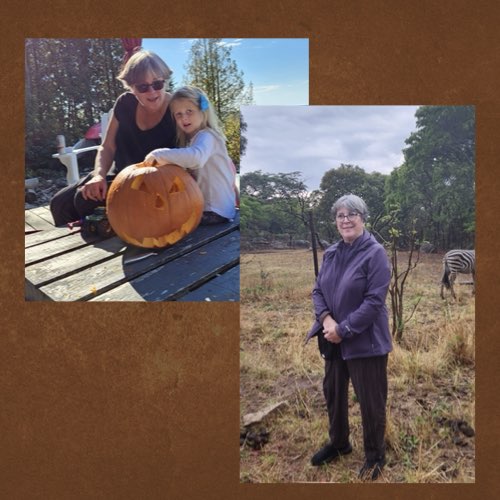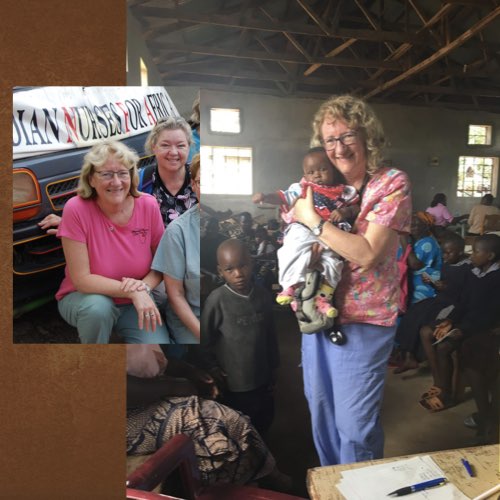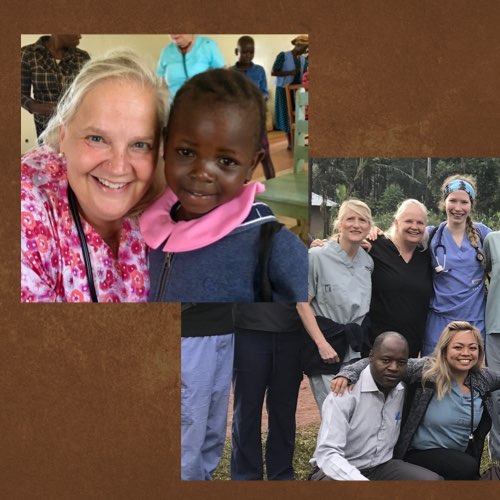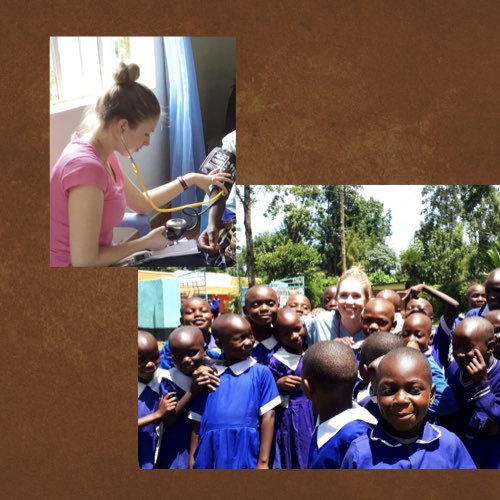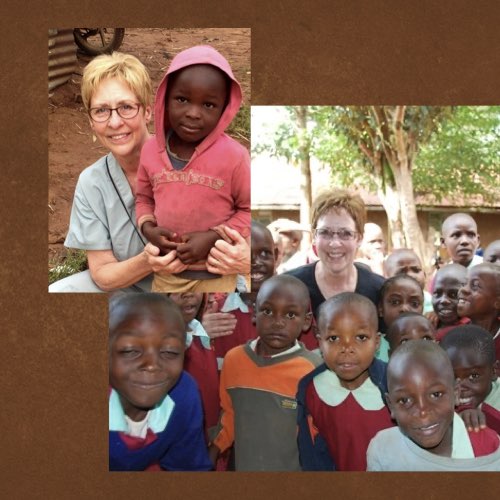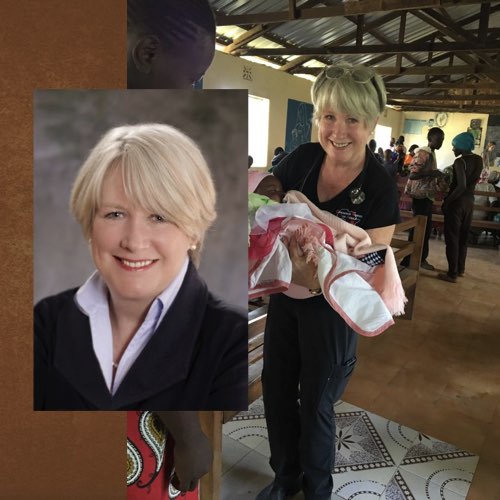Canadian Nurses for Africa provides and administers deworming medication to primary school students in each of the eleven communities we serve on every medical mission. Based on research, this inexpensive treatment has a lasting impact on those treated
Background
More than 1.5 billion people—roughly 20% of the global population—are infected with parasitic worms, according to the World Health Organization—with whole communities suffering not only from persistent illness, but also potentially from reduced educational achievement and worse economic outcomes. These infections lead to adverse health and nutritional consequences for children including stunted growth, weakness, and anemia, and may have broader immunological effects, including making individuals more prone to other infections.
A landmark study has shown that a small investment in medication to treat worm infections (< $0.50 per child per year) in young Kenyan students has had a dramatic impact decades after the fact (Hamory et al., 2020). Those who received the treatment for 2 to 3 years in primary school now have better jobs, higher wages and a higher standard of living, when compared to those who didn’t. In short, simple, cost-effective mass deworming programs generate remarkable rates of return in Western Kenya, and sustained deworming treatment may change the trajectory of a child’s life.
Mass deworming interventions in Western Kenya have led to a one quarter decline in school absenteeism in the first two years of the program, and the 10-year follow-up showed improvements in self-reported health, educational attainment, and higher income among wage earners. Even untreated students reaped the health benefits of deworming as the medication kills off worms already in the body, thus reducing transmission to others in the community. A 20-year follow-up study confirms that effects for treated individuals persist into adulthood (Hamory et al, 2020)
Hamory, J., Miguel, E., Walker, M.W., Kremer, M., Baird, S.J. (2020). Twenty Year Economic Impacts of Deworming. CEGA Working Papers Series No. WPS-130. Center for Effective Global Action, University of Californiaa, Berkeley. Text https://doi.org/10.3386/w27611


